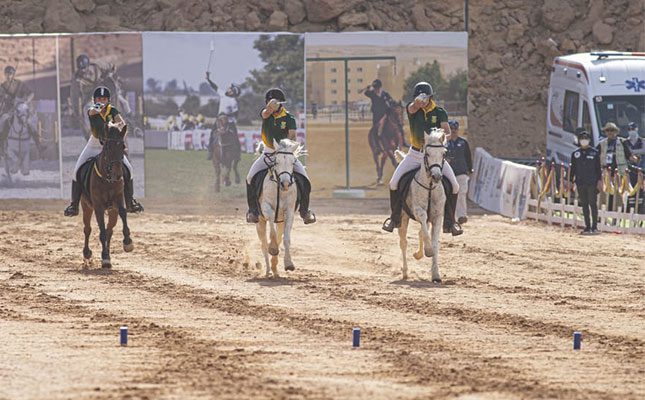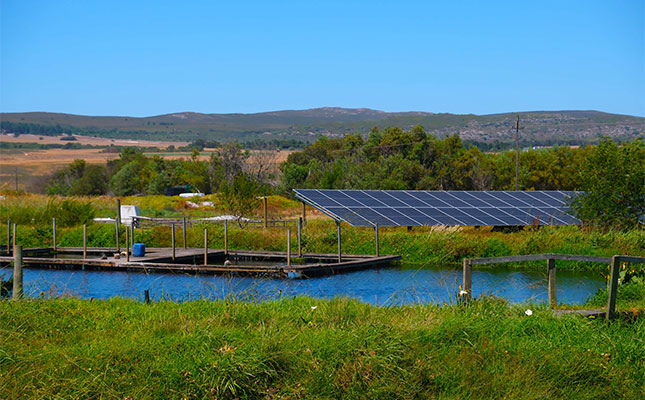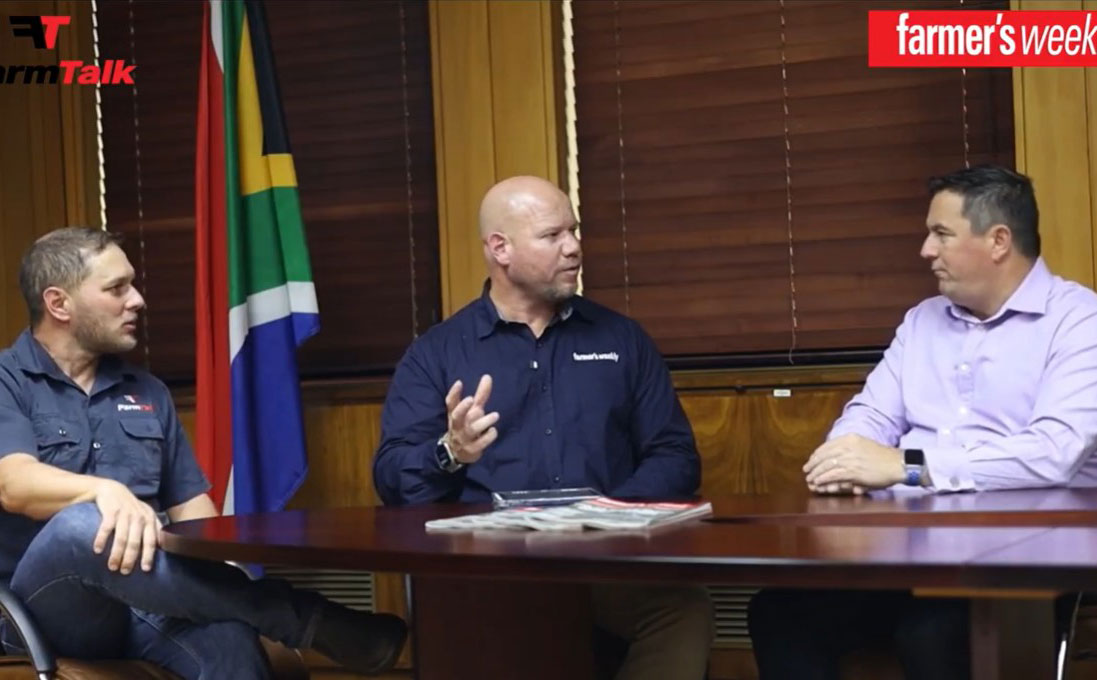
The contest, to be staged in the Western Cape Lubricants Arena, will begin on 10 September with lance events, followed by sword events on 11 September, and a relay involving rings and oranges on 12 September.
South Africa will be represented by a senior side, women’s team, and an Under-21 team that includes several riders as young as 14 years old.
Tentpegging, formerly known as gymkhana, has riders galloping across an arena and attempting to pick up small pegs from the ground or strike suspended targets using either a lance or sword. This can be done individually, in pairs, or as four-member teams.
A high standard of riding skill is required to gallop a horse at full speed and maintain posture, as judges award points for the style and accuracy with which objects are struck or retrieved.
“This is a sport that demands precision, control, and absolute trust between horse and rider,” Brendon Muir, representing South Africa as vice-president of technical affairs at the International Tent Pegging Federation (ITPF), said.
Speaking to Farmer’s Weekly, he said South Africa was well respected internationally within the ITPF, which has members in over 50 countries.
“South Africa consistently ranks in the top three, and we have won the [Tentpegging] World Cup twice in the last 10 years. Our ladies are the current world cup holders, while our juniors rank in the top three. We have consistently produced world-class teams, which shows the role we play in shaping the future of the sport,” he explained.
Commenting on the showdown with Australia next week, Muir said the Under-21 clash could be particularly tight.
“We have specifically chosen a younger Under-21 team to compete, including some under-14 riders, with one eye on development. Australia has been rebuilding [its team] in recent years, so we expect their ladies’ team to be outclassed by our team. We are looking forward to the contest.”
The South African Equestrian Tentpegging Association, also known as SA Tentpegging, oversees the sport locally and has active structures in all nine provinces. At least two club competitions are held each month, development clinics take place in winter, and interprovincial tournaments and national championships are hosted annually.
South African colours are awarded at the national event, and teams are selected for international competition in multiple categories, ranging from juniors to masters.
Muir said the international standing of the sport was improving.
“The goal is for tentpegging to be part of the Olympic Games by 2036. There is growing momentum worldwide, and South Africa is at the forefront, not just competitively but also in administration, with two of our representatives serving on the ITPF executive,” he explained.
Get trusted farming news from Farmers Weekly in Google Top Stories.
➕ Add Farmers Weekly to Google ✔ Takes 10 seconds · ✔ Remove anytime










